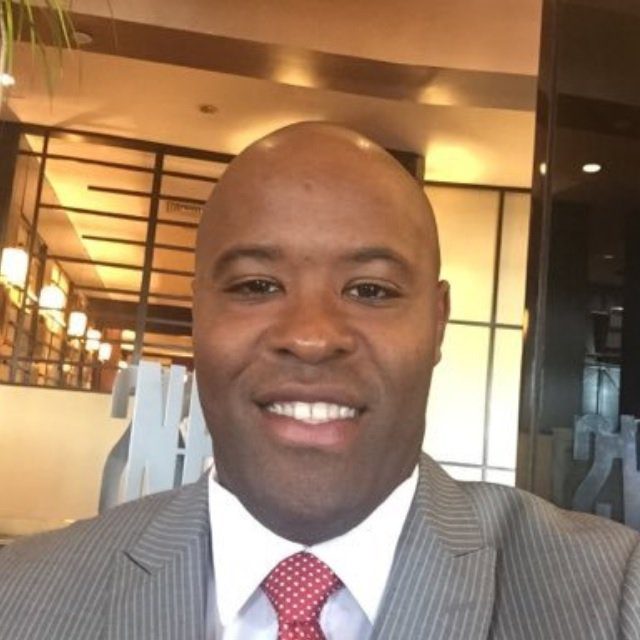Athletes May Live a Very Long Time in Retirement: Idea File

What You Need to Know
Even athletes with the long careers have to plan for retiring by about age 40 and living 30 to 40 years in retirement.
College-age athletes start out without much knowledge of financial services and are one injury away from enormous change.
Ronnie Kaymore helps such clients prepare for a lifetime stream of post-sports-career income.
Ronnie Kaymore does not think an insurance agent needs professional sports experience to advise top athletes. But it can help.
Kaymore says that kind of background can give an agent an understanding of what athletes are up against; they’re typically very young, start out without much knowledge of financial services, and are one injury away from enormous change.
“One minute you’re a really good player,” Kaymore said in a recent interview. “The next minute, your career is done.”
Even the luckiest athletes with the longest careers have to plan for retiring by about age 40 and living 30 to 40 years in retirement, he said.
Kaymore is the CEO of Kaymore Sports Risk Management & Consulting, a Newark, New Jersey-based insurance brokerage firm founded in 2009. He focuses on serving top professional athletes, and the kinds of college-level players who are on track to become top professional players.
He is famous for helping clients get — and use — loss-of-value insurance. LOV is a type of casualty insurance policy that can protect an athlete against an injury that reduces or eliminates the athlete’s projected future earnings.
But Kaymore is especially passionate about the idea of helping clients buy annuities, and arranging for a lifetime stream of post-sports-career income.
An Indoor Football Career
Kaymore was born in Irvington, New Jersey in 1980. He started out playing high school football in Irvington and college football for Nassau Junior College.
He later played for Texas A&M Kingsville, and, in 2003, was signed by the Bismarck Roughriders of the National Indoor Football League in 2003.
He joined the Wilkes-Barre/Scranton Pioneers, a team in the Arena Football League’s AF2 player development league, and then played for the AFL’s Las Vegas Gladiators.
From Football to Financial Services
Kaymore moved out of football in 2006.
His wife worked for a bank, and he himself spent two years in banking. He started to think about the problems facing young athletes dealing with signing contracts of $20 million or more.
“Many of these young men don’t understand money,” he said.
He received his life insurance producer license and his accident health license in 2009.
He has appointments with 16 insurers, including American National, Brighthouse, F&G, MassMutual, Lincoln Financial, John Hancock, New York Life, and several health and disability issuers.
He has been a member of the Million Dollar Round Table, a group for top financial services producers, since 2013, and he earned the Registered Financial Consultant professional designation from the International Association of Registered Financial Consultants in 2019.
He has worked with about 100 athlete clients.
Here are five things Kaymore said about advising during the interview.


